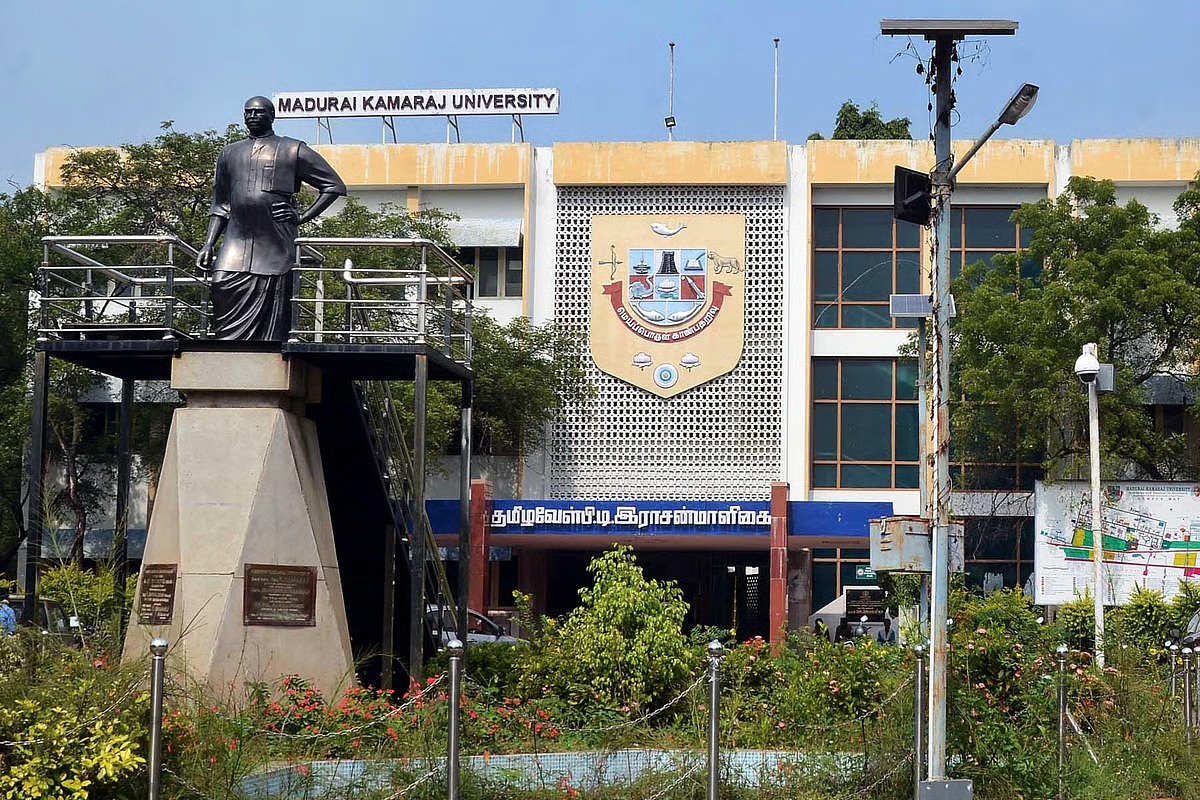S. B. Sinha, C. J.
1.Whether a portion of the park can be alienated in favour of third party by the 1st respondent-Corporation is the question involved in this writ petition. FACTS:
2. The Visakhapatnam Town Planning Trust has developed a lay out in china Waltair and has also allegedly earmarked and extent of 775.53 sq. yards in Section No. 102, Block No. 13, Ward No. 21 for the purpose of development of a park. Allegedly a huge amount was spent for the said purpose.
3. For the purpose of widening Waltair main road an extent of 443.20 sq. yards belonging to the 2nd and 3rd respondents was sought to be acquired whereupon the 2nd and 3rd respondents filed a suit marked as O.S. No. 45 of 1988 on the file of the HI Additional Subordinate Judge at Viskhapatnam which was decreed directing the 1st respondent to allot a suitable alternate land to the 2nd and 3rd respondents. Allegedly pursuant to the decree in the aforementioned suit the 1st respondent has resolved in principle to exchange an extent of 775.20 saq. yards in Section No. 102 to the 2nd and 3rd respondents which includes, according to the 1st respondent, an extent of only 419.50 sq. yards of the site earmarked for the purpose of development of park. It is further alleged by the 1st respondent that the Government has also been addressed to accord necessary sanction in this regard. However, in the meanwhile, the 2nd and 3rd respondents filed execution petition marked as E.P No. 719 of 1999 whereupon the 1st respondent registered the aforementioned sale deed in favour of the 2nd and 3rd respondents allegedly with a view to avoid legal complications despite protest made by the inmates of the 21st ward. The 1st respondent contends that an adjoining land has been added lo the park site whereby the total extent of park site remains the same even after transferring a portion thereof on the other side to the 2nd and 3rd respondents.
SUBMISSIONS :
4. The learned counsel for the petitioner inter alia raised two contentions in support of the writ petition : (1) having regard to Section 148 of the Hyderabad Municipal Corporation Act which provisions are applicable in respect of the Visakhapatnam Municipal Corporation also, as the matter did not fall within the purview of Sub-sections (1) and (2), the Commissioner had no jurisdiction to release, sell or otherwise dispose of an immovable property belonging to the Corporation without previous sanction of the Corporation and the Government; (2) having regard to the fact that the land in question has been earmarked as a public park, no portion thereof could have been alienated in favour of 2nd and 3rd respondents. In support of the said contention reliance has been placed on Kalasagaram, Sec''Bad Cultural Assn. v. State of A.P. 1997 (6) ALD 277: 1998 AIHC 3377 ,
5. The learned counsel appearing on behalf of the 2nd and 3rd respondents, on the other hand, would submit that his clients have suffered for no fault on their part inasmuch as the land lawfully belonging to them is forcibly acquired for widening of the road with respect to which a suit was filed and a decree was obtained. The learned counsel would contend that the land in question has merely been classified as open space and thus there was absolutely no bar in alienating the same for another purpose. It was submitted that in terms of Section 148 of the Hyderabad Municipal Corporation Act it has the requisite jurisdiction to alienate a portion of the open space. Strong reliance has been placed on
FINDINGS :
6. The admitted fact remains that the 443 sq. yards of land earmarked for open space has been converted into a park. The park vests in the 1st respondent-Corporation by way of public trust. The 1st respondent is the judgment-debtor and was bound by a decree. The decree of a civil Court although in law may be executed but it appears that alternative land was to be allotted in favour of the 2nd and 3rd respondents in the village Lawson''s bay and not at China Waltair.
7. Nothing has been shown before us as to what made the 1st respondent-Corporation to take a decision that instead and place of any land in the residential area of Lawson''s bay, a portion of the park was required to be allotted. Such alienation of land, needless to state, by the 1st respondent-Corporation must conform with the provisions of the Act and would be subject to fulfilling such conditions as are mandated by a statute. Chapter V of the Act provides for municipal property and acquisition of property. Section 145 provides for powers of the Corporation for acquisition of property. Section 146 provides for acquisition of immovable property by agreement. Section 147 lays down the procedure when Immovable property cannot be acquired by agreement. Section 148 empowers the Commissioner to dispose of, sell or exchange any movable property belonging to the Corporation. The Commissioner cannot transfer any propery in cases not covered by Sub-section (1) and (2) of Section 148 of the Act without the previous sanction of the Corporation and of the Government. In the counter-affidavit it is stated that such sanction of the Government was still awaited. We fail to understand as to how without obtaining any prior sanction, a registered deed of sale was executed by the 1st respondent in favour of the 2nd and 3rd respondents. The purported transfer in favour of the said respondents, therefore, is wholly illegal and without jurisdiction. In
8. In NGOs Colony Development Committee v. District Collector, Krishna, Machilipatnam. 2001 (1) A LD 53 a learned single Judge of this Court held :
It is well settled that when approved layout provides for roads, common areas and area for park, they absolutely vest in the Municipality under the provisions of the A.P. Municipalties Act, 1965. It is ununder-standable as to how the Municipality has abdicated its powers to protect the land earmarked for park and as to how the District Collector has allotted the land for construction of social welfare office building in 1964 and allotted to Ambedkar Society in 1994 and A.P. Scheduled Castes Association in 1996. Therefore, not only on the ground that the Municipality is not competent to allow social welfare office building to come up in the land, but also on the ground that the district Collector is not competent to deal with the property which absolutely vests in the municipality, the impugned order is wholly unsustainable.
9. In this view of the matter it must be held that the purported alienation made by the 1st respondent-Corporation in favour of the 2nd and 3rd respondent was wholly illegal. The 1st respondent shall continue to utilise the space as park.
10. The submission of the learned counsel for the 2nd and 3rd respondents that keeping in view the area of the park, if a portion thereof is alienated nobody would be prejudiced cannot be accepted inasmuch as having regard to the doctrine of public trust, no portion of the land is alienable.
Question 2 :
11. The Apex Court has clearly held that any constructions made over any portion of the park or any other area earmarked for a public purpose may be directed to be demolished. The question now arises as to whether this Court can pass any order protecting the interests of the 2nd and 3rd respondents. It is true that the 2nd and 3rd respondents appear to have been more sinned against then sinning, the 1st respondent, therefore, should allot sufficient land in discharge of its obligation under the said decree it has suffered, which can be alienated and upon fulfilling the conditions precedent therefor. In the alternative, the 1st respondent may also, subject to agreement by the 2nd and 3rd respondents compensate them for acquisition of their land in terms of Section 145 of the Act.
12. The writ petition is accordingly disposed with the ''aforementioned observations. There shall be no order as to costs.

